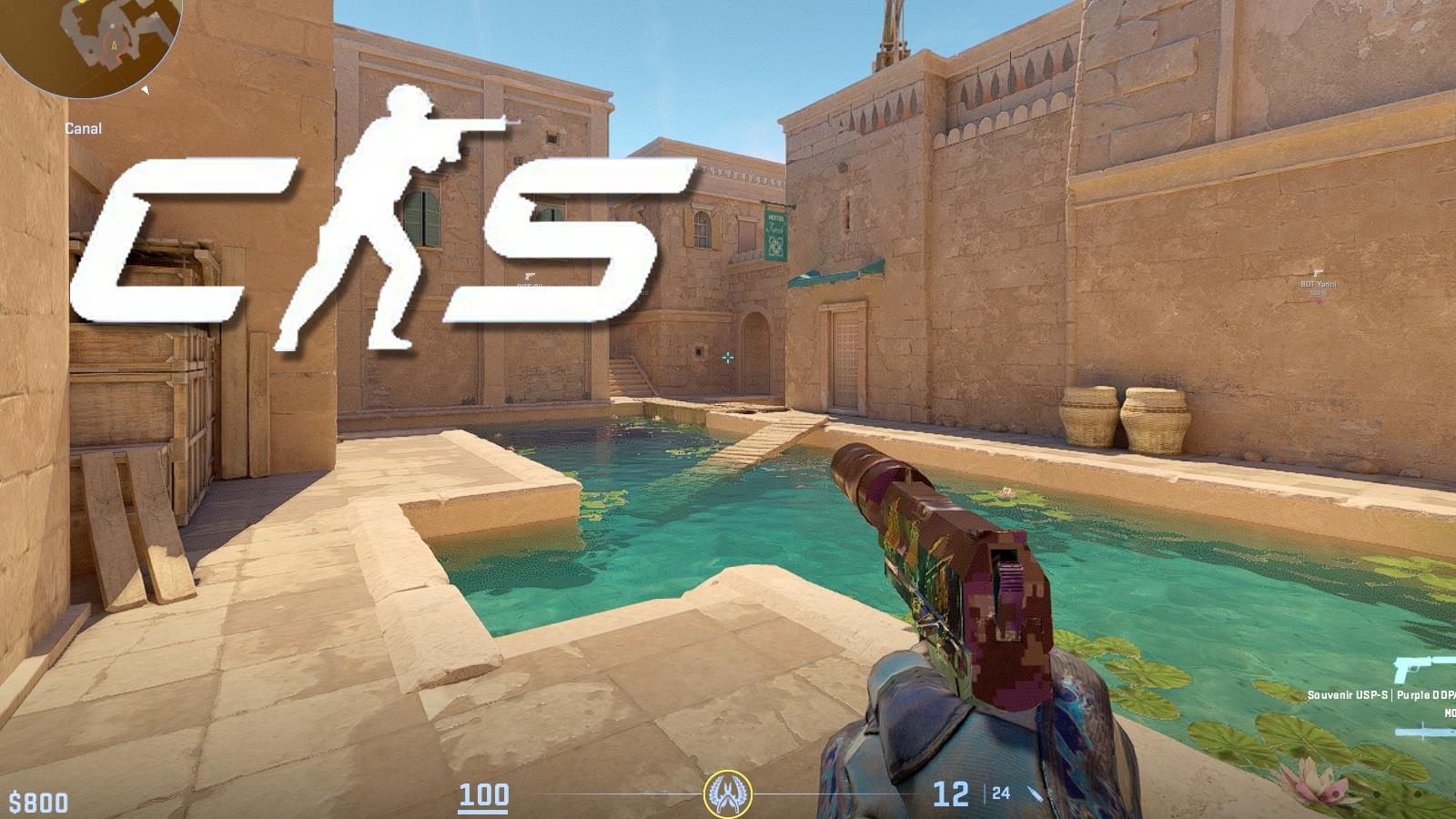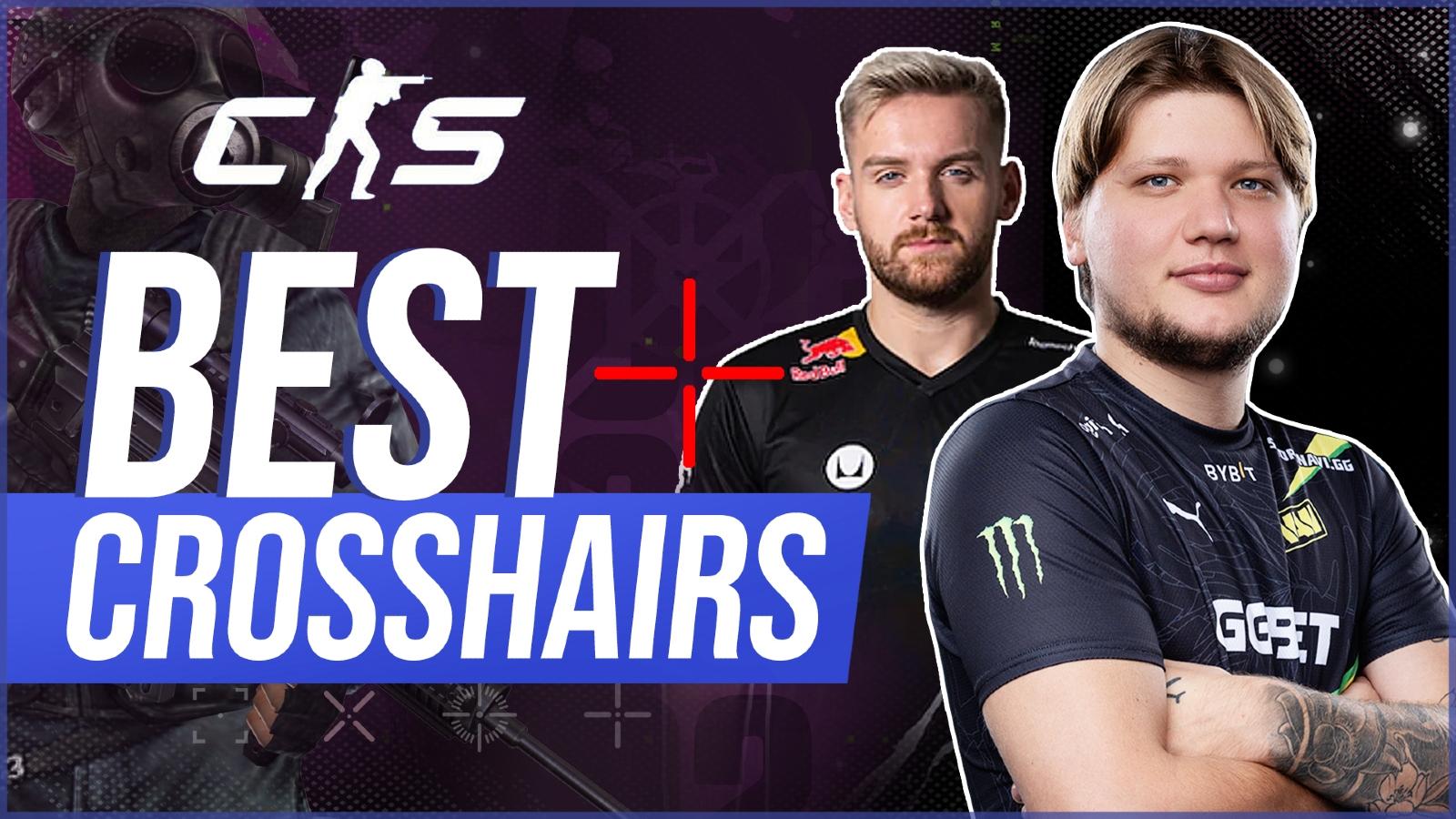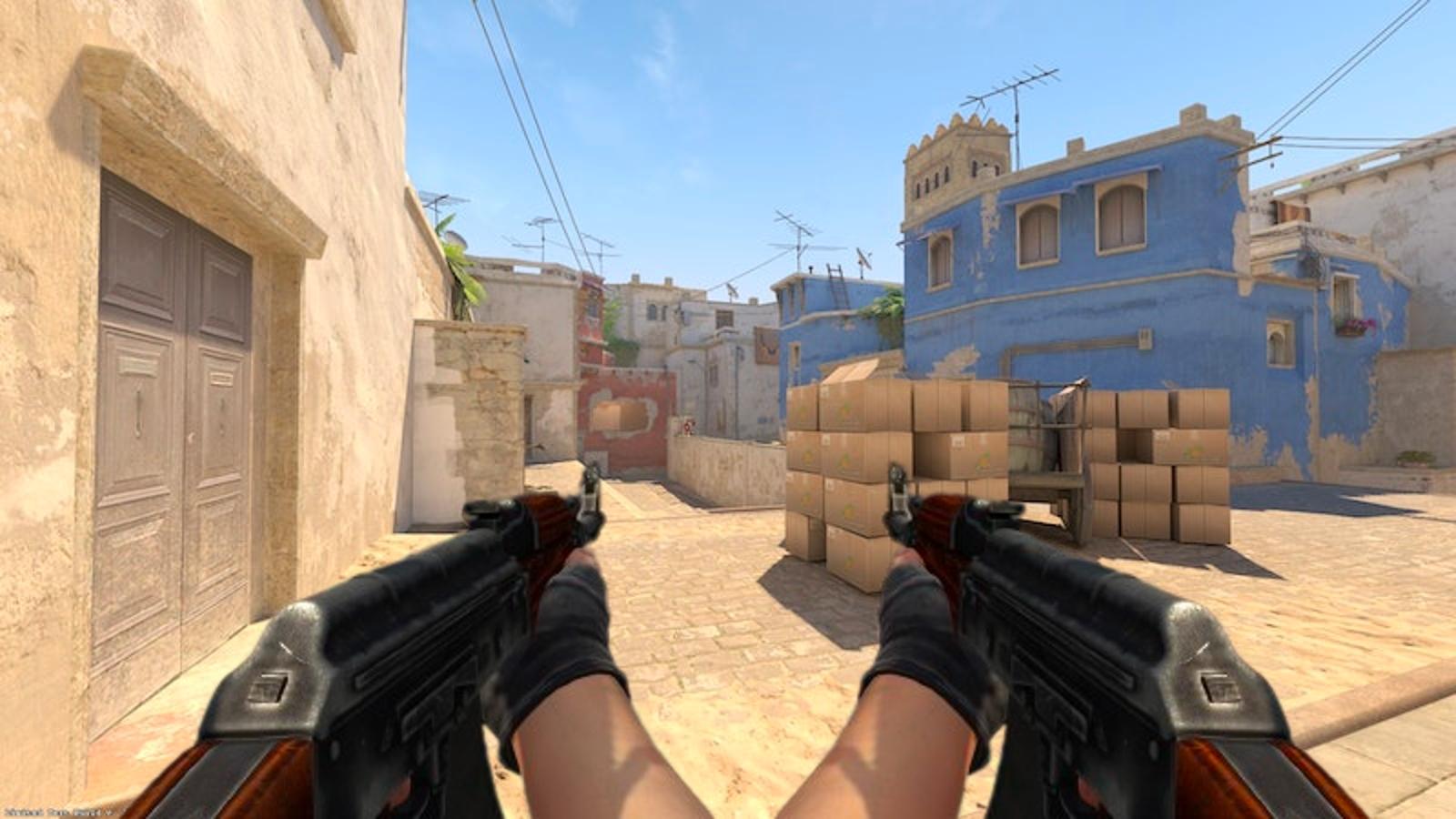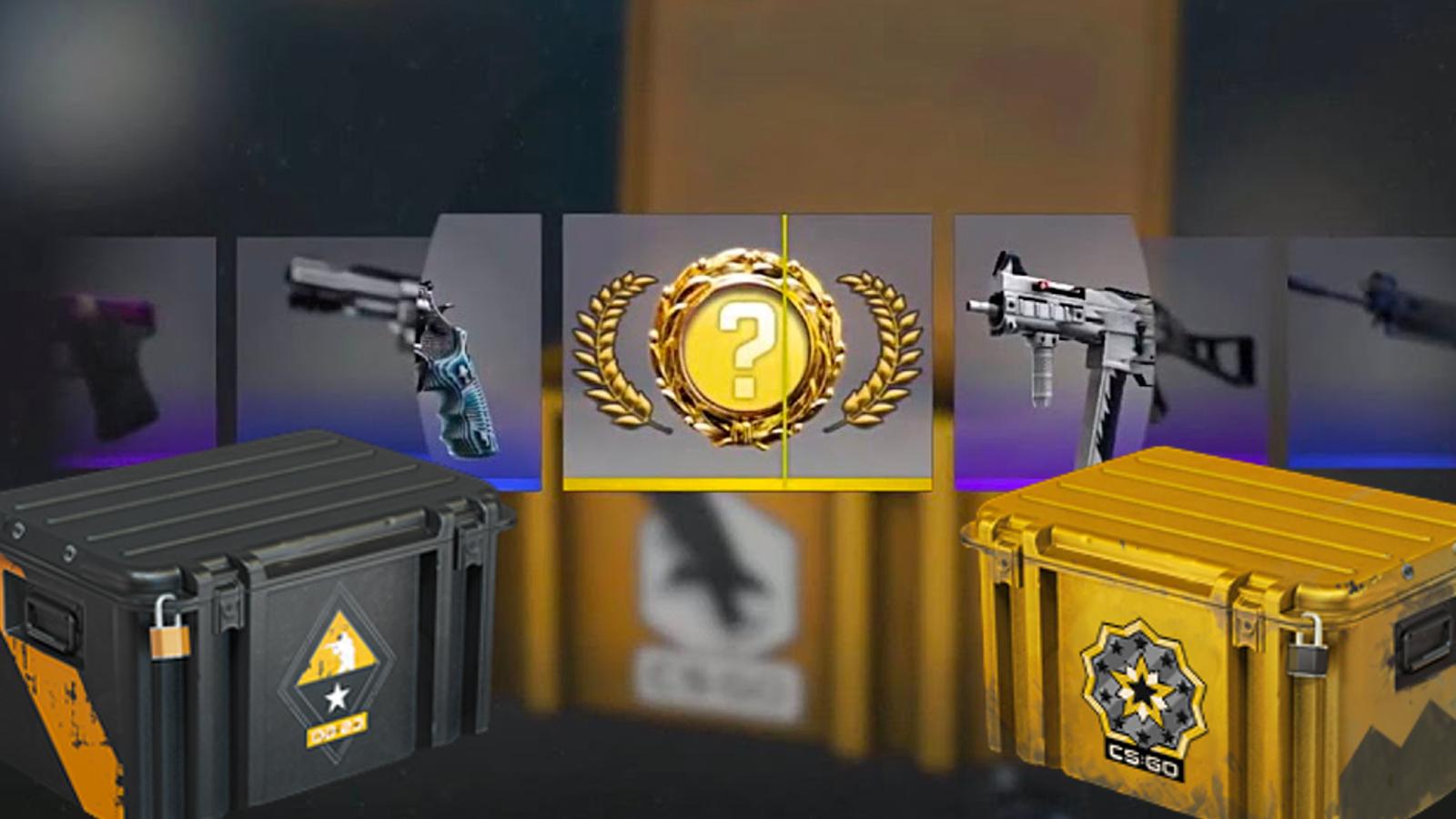SpunJ warns CSGO pros to dedicate more effort into their “brand value”
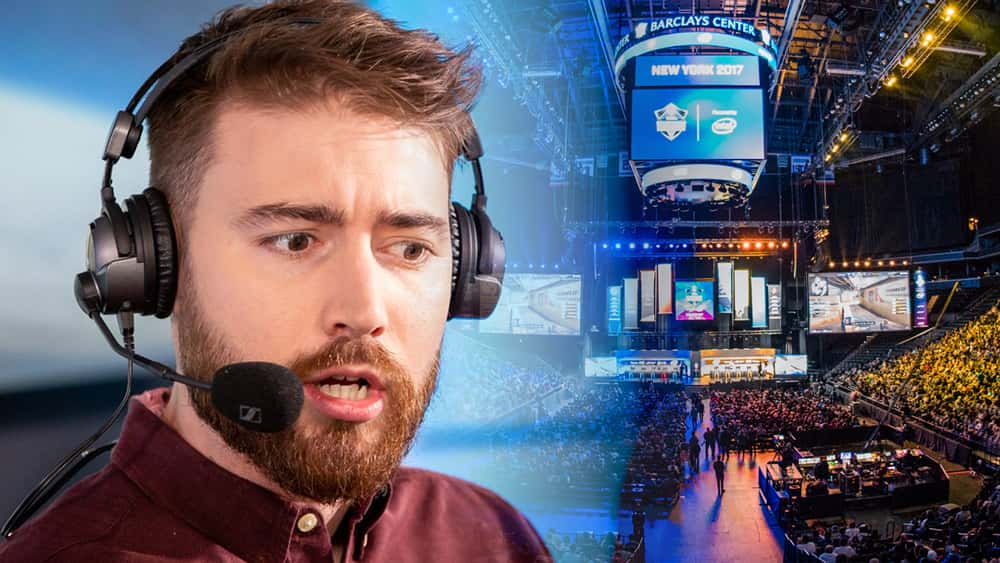 ESL
ESL
In an impassioned plea on HLTV.org’s ‘Confirmed’ podcast, SPUNJ veered a bit off the rails from the topic of events’ scheduling during the pandemic to get CSGO players to invest more time in developing their own “brand power” due to the strain of the time.
“I’ve been talking to a lot of players and trying to get them to understand the situation,” he began, showing frustration from having dialogues with people that aren’t trying to optimize their “brand value.”
To SPUNJ this could mean anything from getting better at interviews, amping up efforts in social media, expanding content to different platforms, and more.
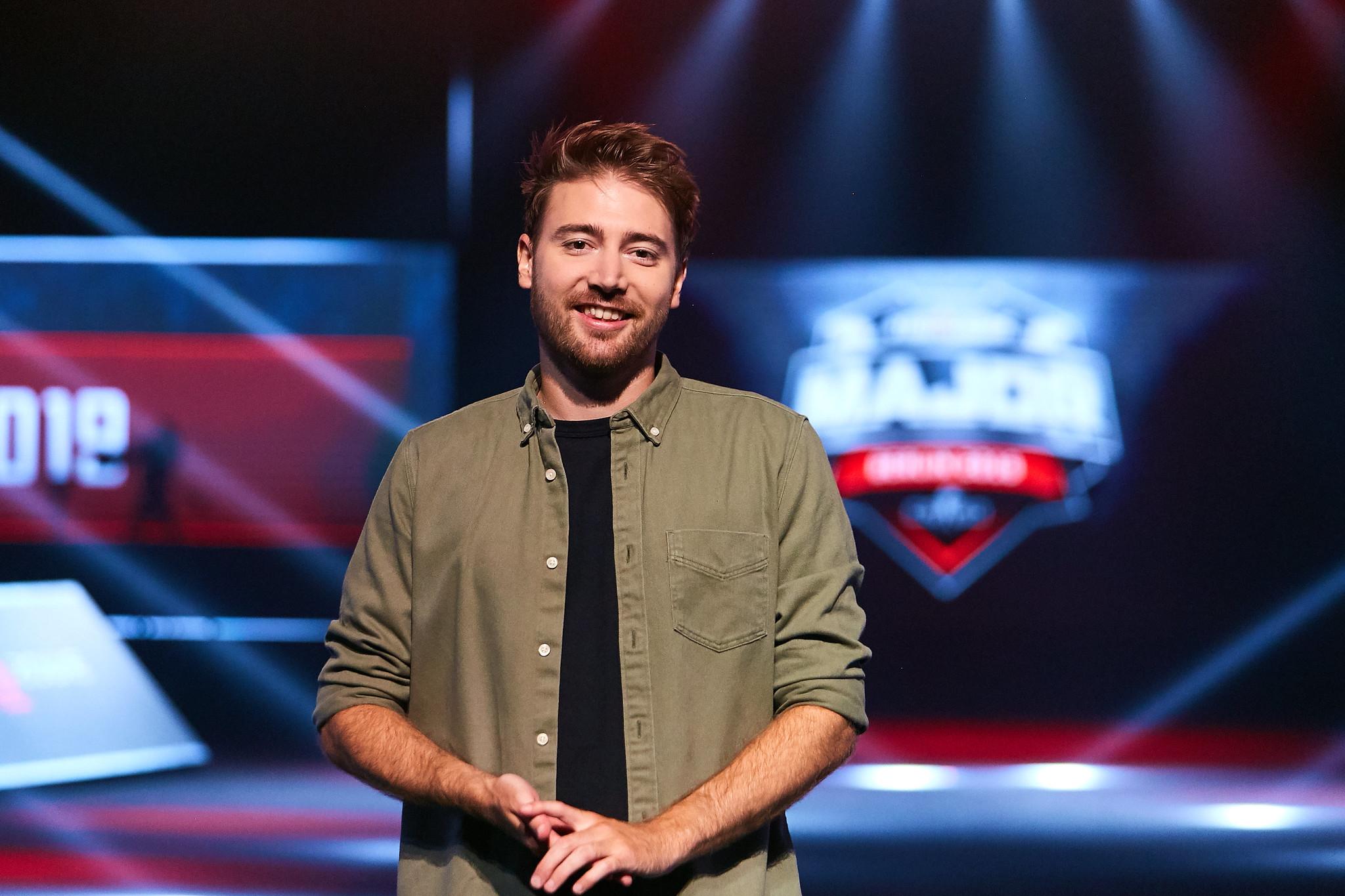 StarLadder
StarLadderThe problem is that as more events go offline, the more tournament organizers (TOs) have to elongate their competitions online to deliver on some metrics promised to sponsors at the beginning of the year – even considering the unexpected pandemic.
“(If I’m an event sponsor, and the pandemic hits) there’s going to have to be renegotiation for what the value of my money is,” he said. With these extended events, they create more games between the same teams.
While this wouldn’t be a problem if fans were genuinely invested in the matchups, the lack of initiative from pros to build up their profiles can make some of these matches pass without a beat.
Burchill painted a picture of how everyone from TOs to the staff they employ have all taken a hit because of the times; and pro players are going to quickly feel the impacts next if they don’t adapt.
“(Outside of a few exceptions, pro players) have zero (brand power). When you are not playing in an official game, you offer nothing to your organization,” SPUNJ said, noting that the offline era reduces players value to orgs (and sponsors/partners) since they can’t capitalize off of event signings, fan-meets, and the like to make metrics meet.
“We can either pay you less, and have less tournaments; we can’t pay you the same amount of money for less value, we’re trying to find your value in (these times),” he said. “I don’t understand how in your 24-hour day, you can’t put enough time to balance your f**king life.”
While he warns against burnout or creating mental health problems from a busy schedule, he wants pros to do their part in keeping the scene thriving during uncertain times – ultimately for their own sake.
